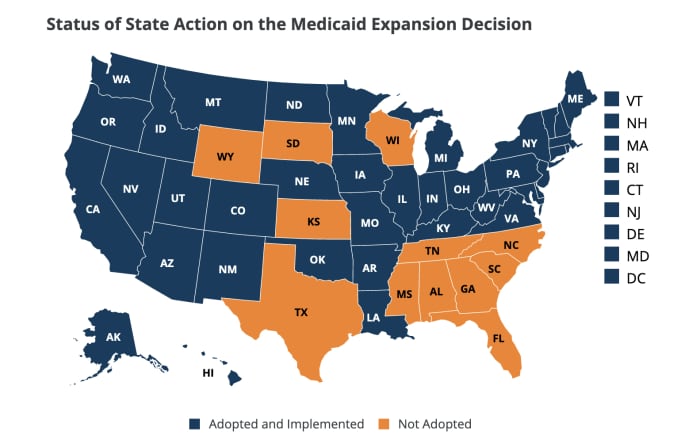Your derogatory characterization of Joel Osteen’s creed left no pretense that it is personally unpalatable to you.
You are correct. But there is a larger point to be made, here.
The original meaning of the Establishment Clause prohibited tax benefits solely and exclusively to a particular religion and/or a particular religious denomination. There’s a wealth of historical evidence illuminating this meaning.
And a wealth of evidence to the contrary. It is true that the primary sin
motivating the establishment clause was that various States had, at the time of the Constitution's passage, "established" religions, and that the founders wanted to prevent that from occurring at the national level. But, they were quite determined that the central government be
secular. They understood that mixing religion and governance was extremely dangerous, so forbade it. But it was not, as you posit, limited to particular sects, but broadly to
all. The language chosen was deliberate... "an establishment of religion", not, as previously formulated, "establishment of a religion".
However, there isn’t much historical evidence to support a meaning of the Establishment Clause as forbidding Congress or States from exercising its taxing power to exempt entities that meet the criteria for being a charitable and/or educational and/or religious purposes in which tax exemption extends irrespective of the religion and to the secular. There is some historical evidence this is consistent with the Establishment Clause, but tax exempt status is not mandated by the Constitution.
Now, whether it is sound, wise, or preferable public policy to grant such tax exemptions at all is another matter.
I agree that there is little evidence one way or the other, although there
are statements of unease regarding States giving preferential treatment to religious institutions.
In the main, though, the founders expressed thoughts that religious collectives were an overall boon to society, particularly as promoting moral probity, and thus civil behavior. That general perception carried over into the passage and implementation of the income tax.
What we're now challenging is the merit of that
implementation. By creating "exemptions" for religious organizations,
as religious organizations, the government (through the IRS) is put in the position of
either distinguishing between "legitimate" religious belief systems,
or creating exemptions so broad as to permit all manner of commercial activity as "religious" in nature. Both positions are detrimental.
It would be great more efficacious to eliminate the exemption entirely to avoid both concerns. There is a good basic discussion of the issue at procon.org
here. How substantial such taxation would be to the public fisc is hotly debated. For me, though, it's a matter of principle.
But the broader question,
specific to this thread, is whether religious "exemption" should extend to
other laws that are enacted for the general public good (as here).
As a general rule, I would be quite restrictive in exempting religious "beliefs" from generally applicable laws. The current Supreme Court religionist cabal (I don't know how else to describe their extremist views and behavior accurately) is quite contrary. That approach, I contend, is both quite detrimental to our ability to govern fairly, and contrary to the express intent of the framers and the explicit language of the Constitution itself.



